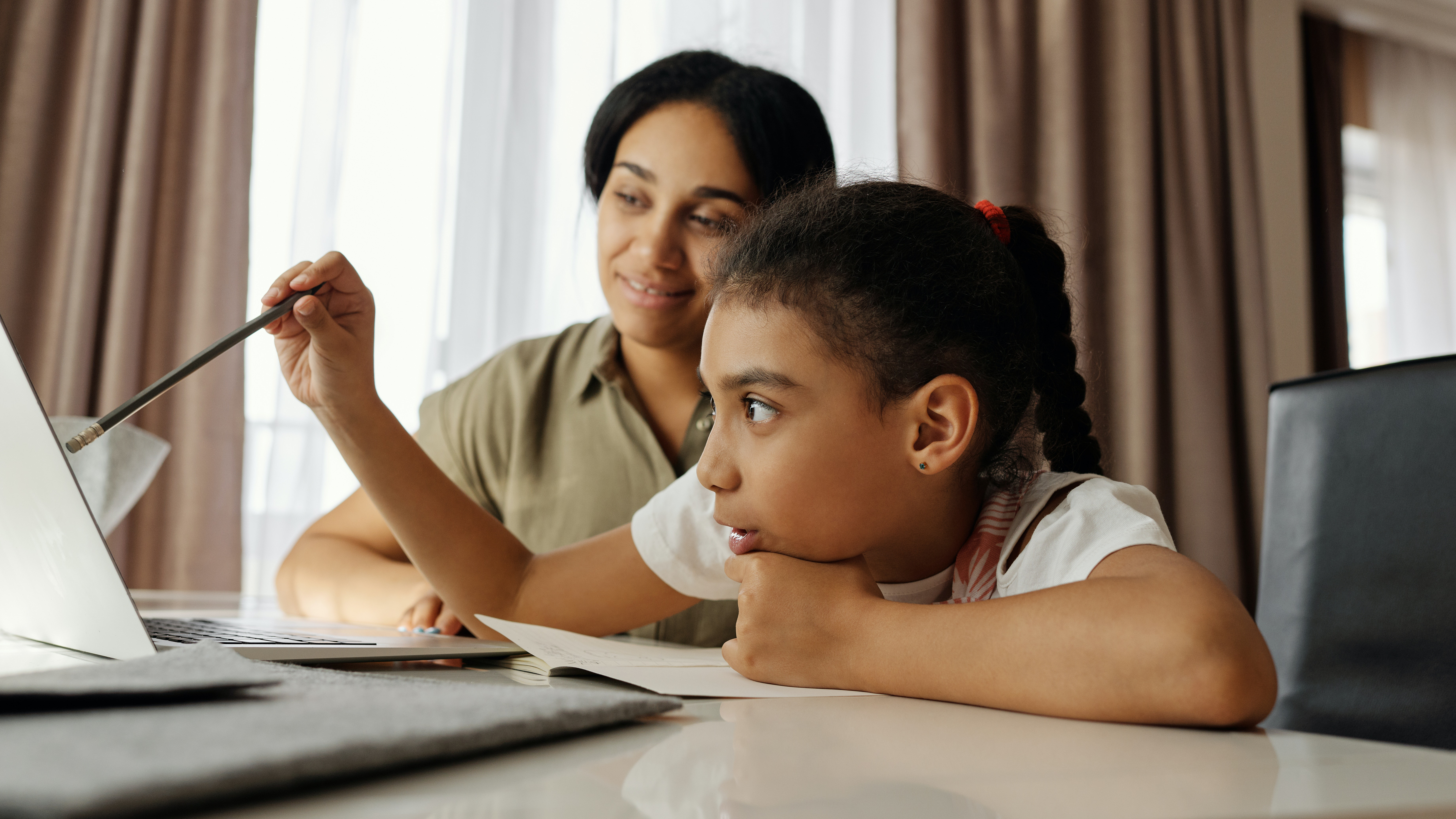While it isn’t possible to avoid all stressful situations, it is possible to support children to cope more positively with stress and build their resilience.
The 2022 NAPLAN tests are commencing this week for many school-aged children. Students in years 3, 5, 7 and 9 will be tested on a variety of skills, such as reading, numeracy, spelling and grammar. Whatever your position on NAPLAN may be as a parent or educator, it is important to keep in mind that testing of any kind can bring with it stress, anxiety and pressure for children and the adults in their lives.
![]()
It is possible to use potential stressors such as upcoming tests, events or competitions as catalysts to discuss and promote your child’s mental health and continue to grow their resilience skills. Navigating challenges can become opportunities for learning how to deal with things like stress, time pressures, and changes.
It is important to explore with your child how they are feeling and encourage them to identify things that they can do to feel more comfortable during these periods. This can help children build lifelong skills and feel capable of coping through many different situations in their lives.
Helping your child to feel calm, confident and supported during high-stress times is so important, however, we know this isn’t always easy. Our recent State of Mind report found that only 51% of parents felt in control of the factors that could influence their child’s mental health and wellbeing.
While there are many external factors impacting a child’s mental health and wellbeing that parents can’t control, focusing on what can be learnt from adversity and how it can be overcome, supports not only children to deal with challenges and build their resilience, it also builds parents’ confidence in their child being able to manage difficult situations.
Despite the fact that not all parents feel in control of their child’s mental health, almost nine out of ten parents (87%) agreed that their child’s mental health was just as important as their physical health. Much like physical fitness, mental fitness also requires ongoing practice and dedication. The more you can build practices to promote a child’s mental health and wellbeing into their daily routine, the better equipped they’ll be when things become more stressful.
Being attuned to signs of stress and anxiety in your children, and within yourself, can allow you to spot fluctuations in your own and your child’s mental health. Noticing these signs also gives you an opportunity to respond and react to stress in more positive ways.
There are a few key signs that your child may display that could indicate they are stressed before they even realise it themselves. Be sure to look out for things such as a change in mood, withdrawal, changes in eating habits, or disruptions to sleep. If your child is experiencing any of these in the lead up to a particular event, this may indicate they are stressed or worried.
There are many Smiling Mind resources that you can draw on to help them navigate these feelings, such as our Parents Guide, that unpacks what mindfulness is, and how the practice can enrich your child's life, and your own.
The free Smiling Mind App is another great place to start – it is a unique tool developed by psychologists and educators to help bring balance to your life, and your child’s life as well. The app has programs for families, children and adults.
Overall, it is important to recognise that challenges such as NAPLAN, are a normal part of your child’s life. Helping them manage their feelings and encouraging them to know what soothes and calms them can help build their resilience. Teaching them to draw on the supports around them, like the Smiling Mind resources, will help them build lifelong tools to support their mental health and wellbeing.










.jpg)




